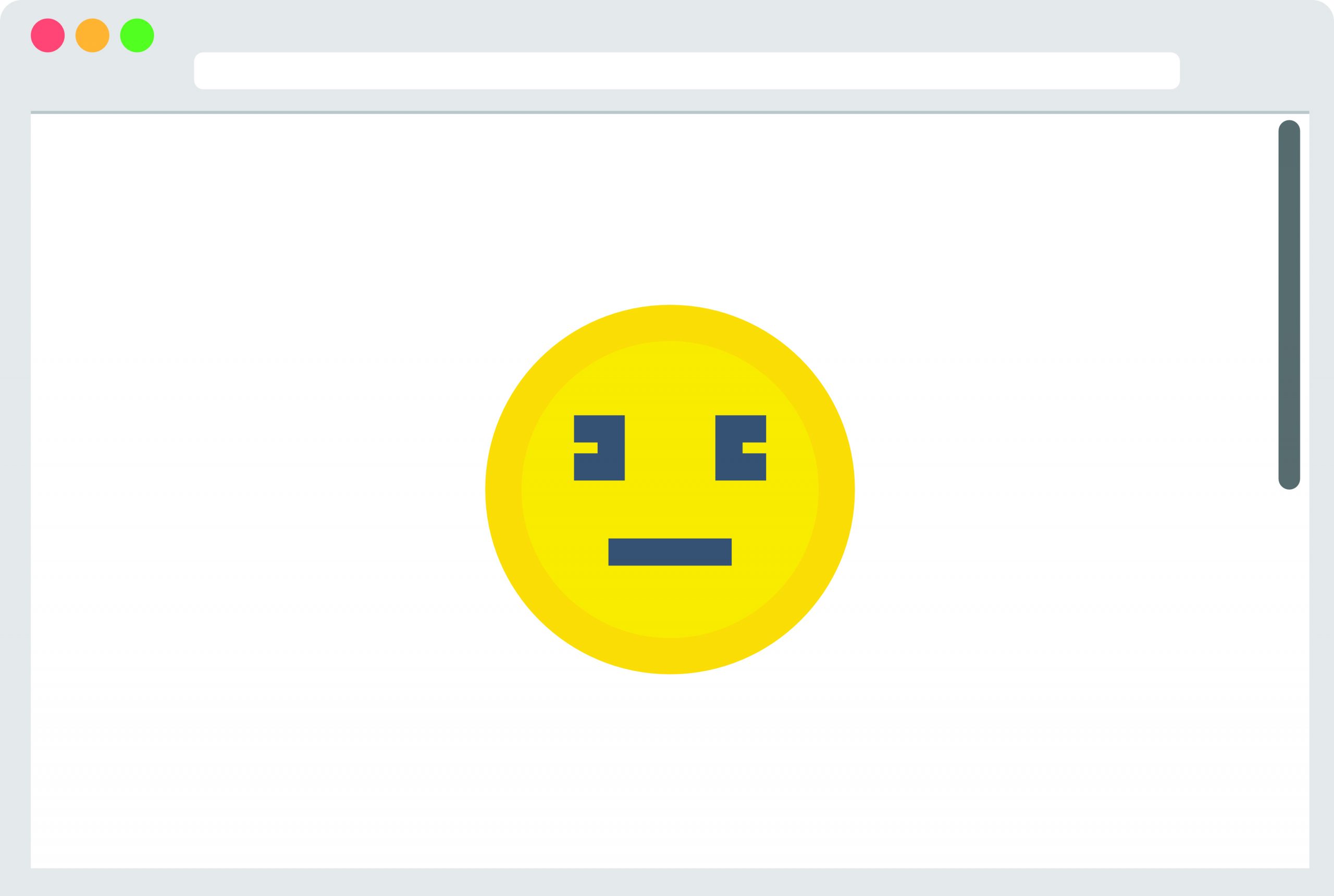In light of the recent disruption to Facebook services, Google employee John Mueller recalled how the search engine deals with those sites that are temporarily unavailable to users in a series of tweets.

As you know, on October 4, Facebook services were unavailable for 6 hours, which led to huge financial losses for the company and its partners and disrupted the daily life of those people who actively use Facebook, Messenger, WhatsApp and Instagram for communication.
As for the ranking of these services in search, the 6-hour downtime did not have a negative impact on their positions in the long term. For pages to fall out of the index, they must be unavailable for several days. The search engine understands that such failures can occur in the work of sites, and gives them time to solve these problems, says SearchEngines.
What happens in this situation:
1. When Google is unable to access a site for network or DNS reasons, it treats this as 5xx errors.
“Network and DNS errors negatively affect the display of the URL in Google search results. Googlebot interprets network timeouts, connection resets, and DNS errors, as well as 5xx server errors. In the event of network errors, scanning begins to slow down gradually because a network error is a sign that the server may not be able to handle the load,” reads the reference manual on this topic.
2. URLs remain indexed, the site continues to occupy the same positions. According to Google, there won’t be any changes in the short term. But Mueller noted that “this is a temporary state.”
3. If the error becomes permanent (will last more than 1-2 days), then Google will start removing these URLs from the index. Thus, it takes several days for pages to fall out of the index.
4. Again, this does not directly affect the ranking. Google does not rate this site as low quality. However, if these URLs are not indexed, then they cannot rank either. Therefore, it may seem that the search engine has changed its attitude towards the site.
5. When a site becomes available again, pages removed from the index are usually returned to it immediately after re-crawling.
6. The crawl speed will also increase when Google sees that the server can handle the load.
NIXSolutions notes that Facebook comments on yesterday’s crash can be found here.
